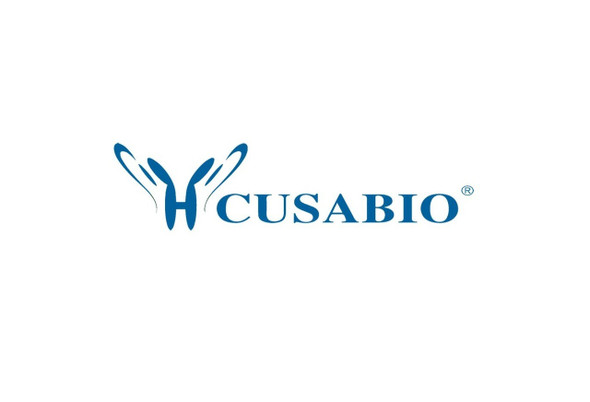Cusabio Polyclonal Antibodies
CFLAR Antibody, HRP conjugated | CSB-PA005282LB01HU
- SKU:
- CSB-PA005282LB01HU
- Availability:
- 3 to 7 Working Days
Description
CFLAR Antibody, HRP conjugated | CSB-PA005282LB01HU | Cusabio
CFLAR Antibody, HRP conjugated is Available at Gentaur Genprice with the fastest delivery.
Online Order Payment is possible or send quotation to info@gentaur.com.
Product Type: Polyclonal Antibody
Target Names: CFLAR
Aliases: CASP8 and FADD-like apoptosis regulator (Caspase homolog) (CASH) (Caspase-eight-related protein) (Casper) (Caspase-like apoptosis regulatory protein) (CLARP) (Cellular FLICE-like inhibitory protein) (c-FLIP) (FADD-like antiapoptotic molecule 1) (FLAME-1) (Inhibitor of FLICE) (I-FLICE) (MACH-related inducer of toxicity) (MRIT) (Usurpin) [Cleaved into: CASP8 and FADD-like apoptosis regulator subunit p43; CASP8 and FADD-like apoptosis regulator subunit p12], CFLAR, CASH CASP8AP1 CLARP MRIT
Background: Apoptosis regulator protein which may function as a crucial link between cell survival and cell death pathways in mammalian cells. Acts as an inhibitor of TNFRSF6 mediated apoptosis. A proteolytic fragment (p43) is likely retained in the death-inducing signaling complex (DISC) thereby blocking further recruitment and processing of caspase-8 at the complex. Full length and shorter isoforms have been shown either to induce apoptosis or to reduce TNFRSF-triggered apoptosis. Lacks enzymatic (caspase) activity.
Isotype: IgG
Conjugate: HRP
Clonality: Polyclonal
Uniport ID: O15519
Host Species: Rabbit
Species Reactivity: Human
Immunogen: Recombinant Human CASP8 and FADD-like apoptosis regulator protein (1-250AA)
Immunogen Species: Human
Applications: ELISA
Tested Applications: ELISA
Purification Method: >95%, Protein G purified
Dilution Ratio1:
Dilution Ratio2:
Dilution Ratio3:
Dilution Ratio4:
Dilution Ratio5:
Dilution Ratio6:
Buffer: Preservative: 0.03% Proclin 300
Constituents: 50% Glycerol, 0.01M PBS, PH 7.4
Form: Liquid
Storage: Upon receipt, store at -20°C or -80°C. Avoid repeated freeze.
Initial Research Areas: Cell Biology
Research Areas: Cancer;Cell biology;Metabolism;Signal transduction






